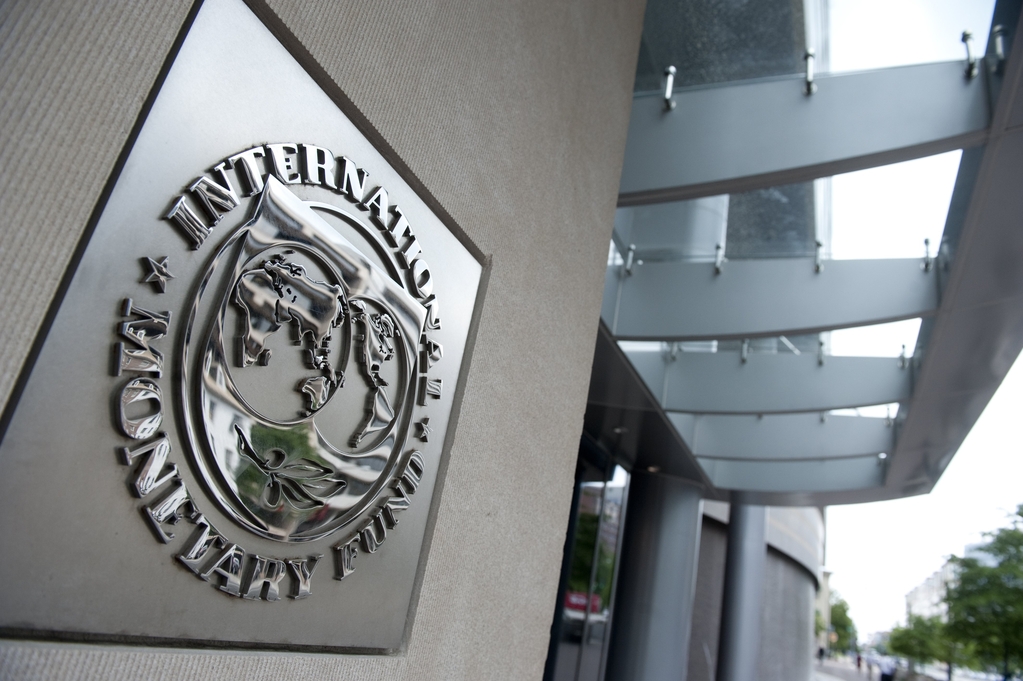The price of oil is expected to remain low throughout 2016 as competition between OPEC members will continue to result in an oversupply of oil on the international market, Saudi investment banking firm Jadwa Investment said in its latest report.
The company said OPEC’s oil production will rise by 500tr barrels per day (tbpd) by the fourth quarter (Q4) of 2016 compared to the same period the preceding year. Most of the increase in supply will come from Iran.
“Since Saudi Arabia is currently the only major oil producer with spare oil production capacity it remains well equipped to hold off any attempts of encroachment on its market share,” the report said.
The company said despite an expected slowdown in non-OPEC supply, the increased supply that will enter the international oil market will mean that prices will depend increasingly on demand: “A sanction-free Iran will mean global oil markets will be looking at demand to lift prices out of the doldrums.”
However growth in demand will remain moderate, the report highlighted, despite better economic performance and increased demand in Europe. “Q4 2015 oil demand remained subdued, growing by a modest 1.2% year-on-year. Europe will see similar levels of growth during Q1 2016 and for the rest of 2016,” the report added.
The slowdown in prices started in 2015 abetted by uncertainty in the metrics of Chinese economic growth as well as “the abandonment of even the notional idea of production quotas in the December OPEC meeting”.
During Q4 2015, the prices of Brent oil decreased to $43 per barrel from the previous quarter’s value of $50 per barrel. Since the beginning of 2016, the price of oil has continued to plummet, reaching a 12-year-low when it approached $30.
The gap between supply and demand has led the company to adjust its forecasts for prices of Brent oil from $47 per barrel to $33 per barrel. The company predicts the price to reach $44 per barrel in 2017 compared to its previous forecasts of $58 per barrel.
“The revision in oil prices have implications for our forecasts on the [Saudi Arabian] Kingdom’s fiscal and external balances and total spending for 2016,” the company said. The decline in oil prices have resulted in a significant decline in global stock markets.




